Co-Chairs
| Dr. Jana Sillmann Professor, Research Unit for Sustainability and Climate Risks, CEN, University of Hamburg, Germany Personal homepage |
|
She is Professor for Climate Statistics and Climate Extremes at the University of Hamburg (Germany) and Senior Researcher at the Center for International Climate Research – Oslo (Norway). Her expertise is in the analysis of climate extremes in a changing climate. Her work focuses on relating physical aspects of weather and climate extremes to socio-economic impacts and questions related to risk assessment and decision-making. She is co-leading activities of the World Climate Research Programme (WCRP) Grand Challenge on Weather and Climate Extremes and a member of the scientific steering committee of the Integrated Research on Disaster Risk (IRDR) Programme. She is also Lead Author of Chapter 12 “Climate change information for regional impact and for risk assessment” in the 6th Assessment Report of the Intergovernmental Panel on Climate Change (IPCC) Working Group 1. She represents the Risk KAN as member of the Future Earth General Assembly.return |
| Markus Reichstein, Max-Planck-Institute for Biogeochemistry, Jena, Germany Personal homepage |
|
He is Director of the Biogeochemical Integration Department at the Max-Planck Institute for Biogeochemistry, Jena, Professor for Global Geoecology at the FSU Jena, and Director at the Michael-Stifel-Center Jena for Data-driven and Simulation Science in Jena. His main research interests include ecosystem physiology, carbon and water cycles and their interactions from ecosystem to globe, the impact of climate variability on the carbon cycle and the role of the soil in the Earth System. He and his research group tackle these topics by combining experimental, ground- and satellite-based observations with data-driven and process-oriented models in a model-data integration approach. He has been coordinator of CARBO-Extreme, ERC Starting Grant holder (QUASOM) and PI in numerous EU-Projects. Together with D. Papale and D. Baldocchi, he is leading the current FLUXNET data synthesis activity. Prof. Reichstein has authored >185 publications including ones in high-impact journals (e.g. Nature, Science, PNAS). He has been part of the iLEAPS/IGBP Scientific Steering Committee, lead author of the IPCC special report on Climate Extremes (SREX), Working group I, and member of the Thuringian panel on climate change, and leading the Future Earth Cluster “Extreme Events from climate to society”. He serves on the Editorial board of Agricultural and Forest Meteorology, Global Change Biology and Carbon Management. In 2013 he was awarded with the Max-Planck Research Award by the Alexander von Humboldt foundation. return |
| Felix Riede, Department of Archaeology and Heritage Studies & Center for Biodiversity Dynamics in a Changing World (BIOCHANGE) & Arctic Research Center, Aarhus University, Denmark Personal homepage |
|
He is professor with special responsibilities in Environmental Humanities and Climate Change Archaeology. Born in Germany and educated the UK (Durham and Cambridge), Felix is now Director of the Laboratory for Past Disaster Science (LAPADIS). His focus lies in the deep history and archaeology of climate change and extreme events, with many collaborations across the biological and geological sciences. return |
| Simron J. Singh, University of Waterloo, Canada. Personal homepage |
|
He is a Professor at the University of Waterloo, Canada. Singh conducts Socio-metabolic Research (SMR) on small islands. As an industrial ecologist, he tracks material and energy flows through island systems: what and how much resources are locally produced, imported, transformed, used, stocked, and discarded. His research investigates systemic risks associated with the circulation, integrity, and availability of critical resources in a socio-ecological system, termed as “metabolic risk”. Singh aims to inform science and policy ways in which small islands can achieve resource security, meet social and economic goals while building resilience to impacts of climate change. Singh is the founder and co-ordinator of the Metabolism of Islands (MoI) research program; founding Chair of the science board of Island-Industrial Ecology section of the International Society for Industrial Ecology (ISIE); and leads the working group Metabolic Risk on Islands in Risk-KAN. His work has received extensive media coverage, with interviews in prestigious journals, such as SCIENCE, NATURE, and New Scientist, and is the subject of a 82-minute cinema documentary, Aftermath: the second flood. return |
Steering Committee
| Ana Ake, Community Engagement Specialist, SLAPIncTONGA, Tonga More than a decade’s experience in local based research in various fields of education, community participatory planning, environmental, social and economic impact assessment, mainstreaming gender, disaster management and climate change into community based development plans.Conducted the only community based rainwater harvesting assessment for Lulunga community as a basis for support of water projects for Lulunga district. Worked with town and district officers and communities in identifying traditional knowledge on agriculture based CCA/DRR measures using the Tongan calendar. Masters thesis written on implementing the Sendai Framework in order to achieve the SDGs for 2030. Interest now lies in development studies and research using Amartya Sen’s capability approach with a focus on Pacific women in development. return |
| Dr. Kalpana Chaudhari, Institute for Sustainable Development and Research (ISDR), India Personal homepage |
|
She is Vice President of Institute for Sustainable Development and Research, ISDR, India, an organization that has consultative status with United Nations Economic and Social Council (UN-ECOSOC), UN-Habitat, UN-Environment, UN-Finance for Development,FAO-Committee on Food Security, FAO-Mountain Partnership. She is Core Member of Expert Team on Disaster Risk Reduction (ETDRR) for Joint WMO-UNESCO-IOC Technical Commission for Oceanography and Marine Meteorology (JCOMM). She is Lead Author and Reviewer for the flagship report on “Science for Disaster Risk Management 2020–Acting today, Protecting tomorrow” of Disaster Risk Management knowledge Center, Joint Research Centre, European Commission (EC/EU) and External Reviewer of the first work programme of the Intergovernmental Science-Policy Platform on Biodiversity and Ecosystem Services (IPBES). She is member of Development Team of Knowledge-Action-Networks for Ocean (Ocean KAN) and Emergent Risks and Extreme Events (Risk-KAN) of Future Earth. Kalpana is also member of Global Forum on Agriculture Research, FAO, Italy, and Member of Organization for Women in Science for the Developing World, Trieste, Italy. She has 22 years experience in academic, research and training in information and communication technology and its application for Agriculture and Rural Development, Global Environment Change and sustainable development; Socio-Economic and Ecological Development. She has participated in the programs on implementation of Millennium Development Goal (MDGs)and Sustainable Development Goals(SDGs), Human Dimensions of Biodiversity Conservation, Food Security, Coastal and Ocean Governance organized by UNESCO-IOC, WMO, UNESCO-MAB and UNESCO-IHP; FAO, International Council of Scientific Unions–ICSU, WCRP, LOICZ, IUGG, IAPSO and other International organizations in Asia-Pacific, Africa, South America and Europe region. return |
| Marleen de Ruiter, Vrije Universiteit Amsterdam Marellen de Ruiter is an Assistant Professor at the department of Water and Climate Risk of the Institute for Environmental Studies (IVM) at Vrije Universiteit Amsterdam. Her PhD research focused on the temporal dynamics of disaster vulnerability. Before that, she obtained her MSc degree in Environmental and Resource Management from the University of British Columbia (Canada) where she looked at disaster vulnerability of coastal communities and their post-disaster recovery. return |
| Felix Kwabena Donkor, tbd Felix Kwabena Donkor is an environmental scientist and alumnus of the Erasmus Mundus Joint European Masters in Environmental Sciences (JEMES) -jointly run by Technische Universität Hamburg (Germany), University of Aalborg (Denmark), Aveiro University (Portugal) and Universite Autonomia Barcelona (Spain). Disaster risk reduction and sustainability are amongst his main areas of interest. return |
| Alexander Fekete, Professor of Risk and Crisis Management at TH Köln – University of Applied Sciences, Germany |
|
His research includes disaster risk management, social vulnerability and resilience, critical infrastructure and civil protection. He is speaker of the Working Group Natural Hazards / Natural Risks of the German Association of Geographers (AG NGNR), and a Steering Board member of the German Digital Society for the Promotion of Social Media and Technology (DGSMtech e.V.). He is advisor of EU projects and a program and grant evaluator in the areas of natural hazards, social vulnerability and resilience, critical infrastructure and climate change adaptation in eight countries worldwide. Within RiskKAN he is member of the Development Team, co-speaker of the working group ‘critical infrastructure’ and Early Career Focal Point in that group.return |
| Narcisse GAHI, Université Felix Houphoeut-Boigny, Abidjan, Côte D’Ivoire |
|
He hold a PhD in Climate and Water Resources (2016) and a master in Water and Sanitation at Felix Houphouet-Boigny University (UFHB), Côte d’Ivoire. He joined the Department of Water and Environment Sciences and Engineering as a postdoctoral researcher in February 2018. He is also a research associate at International Water and Sanitation Centre (Burkina office) since 2015. Prior to these, Narcisse has been hosted by “Centre Africain de Recherche et de Formation (CERES)” in Burkina Faso as a PhD student where he took advantages of involving within research and development projects and served as a focal point on climate and disaster risk management. His research is connecting sciences, practices and policy together to inform decision-making, singular in West Africa. He got a cross-sectorial advanced skills in monitoring, understanding of climate and socioecological systems, developing sustainable hydroclimate services and tools and transfer knowledge to users, practitioners and policy makers, especially those related to hydroclimate risk reduction and water security. He is supporting organisations and communities (Government organisations, NGOs, communities, academic and research institutes) to jointly challenge these risks. return |
| Brian Golding, Fellow in Weather Impacts at the Met Office and Co-chair of the WMO/WWRP HIWeather project |
|
He is a highly experienced scientific leader with a unique breadth of experience and reputation in weather-related forecasting and warning research. His contribution has been recognised with the award of OBE and honorary visiting professorships at Exeter and Bristol Universities and by his appointment as co-chair of the international HIWeather project. return |
| Tailin Huang, College X, National Cheng Kung University, Taiwan |
|
Dr. Huang joined College X, interdisciplinary research and teaching efforts in NCKU, as an assistant professor in 2021 with special responsibilities to launch the International Master Program in Interdisciplinary Sustainability Studies (IISS) and the NCKU School for Sustainability. He has been a member of the steering teams of Risk WG and Early Career Researcher WG, Future Earth, Taipei, since 2021. His research focuses on dynamic risk and system resilience in complex socio-technical systems, with deep interests in applying participatory system dynamics modeling to address some of the most challenging risk problems in urban disasters, agricultural water management, and metabolic systems on islands. He has participated in two Belmont Forum CRAs, 2018 SUGI FWE Nexus, and 2021 Soils and Groundwater. He was an architect and project manager by training. He holds a Ph.D. in Civil and Environmental Engineering from U.C. Berkeley, where his dissertation explored the concept of risk for complex engineered systems. It proposed to look beyond the “risk of chance” and pay attention to the “risk of change” for systems involving constant changes. He is also a former assistant research fellow in the Socio-Economic Systems Division at the National Science and Technology Center for Disaster Reduction (NCDR). return |
| Jo-Ting Huang-Lachmann, Climate Service Center Germany (GERICS), Hamburg Personal homepage |
|
She works for the INNOVA project at the Climate Service Center Germany (GERICS). Her research focuses on economics of climate change adaptation in cities. She has an interdisciplinary background of environmental management and climate adaptation in cities and has practical experience working with city governments. Her research area includes stakeholder engagement, climate adaptation, institutional economics and co-benefits of cities’ climate and sustainability strategies. |
| Sirkku Juhola, University of Helsinki, Finland Personal homepage |
|
She is a professor of urban environmental policy at the Ecosystems and Environment Research Program at the University of Helsinki and the leader of our multidisciplinary research group Urban Environmental Policy. She is also a guest professor at the Centre for Climate Science and Policy Research, Linköping University in Sweden. Her area of expertise is environmental and climate policy. She is interested in bringing different fields together to understand challenges associated climate risks in cities. return |
| Kai Kornhuber, Associate Research Scientist at the Lamont-Doherty Earth Observatory, Columbia University, USA |
|
He is an adjunct Associate Research Scientist at the Lamont-Doherty Earth Observatory, Columbia University in New York and a Senior Fellow on Climate Risks at the German Council on Foreign Relations. His research is concerned with physical drivers of extreme weather and climate events and associated societal impacts and risks under current and future climatic conditions. He is Founding Member of the EarthNetwork on Sustainable and Resilient Living in an Era of Increasing Disasters at Columbia’s Climate School, Co-Chair of the Compound Events Working Group at Risk-Kan, Steering Committee member of the HiWeather Project and a Co-Pi of the Project PERSEVERE within the BMBF Consortium ClimXtreme.return |
| Lara Mani, Senior Research Associate in Natural Catastrophic Risk and Risk Communication at the Centre for the Study of Existential Risk (CSER), University of Cambridge Personal homepage |
|
Lara’s research seeks to understand the efficacy of various communication methods and strategies for gaining traction for the mitigation and prevention of global catastrophic risks (GCRs). With a background in volcanic risk studies, Lara’s research at CSER also explores the global catastrophic risks from volcanic eruptions and specifically the systemic risks they pose to humanity. Within global catastrophic risk research, Lara’s work has focused on improving the understanding of global volcanic risk. Her research applies systemic risk assessment to identify how volcanic hazards can interact with global complex systems and to map risk cascades. She is the Lead of the ‘learning from the past for the future’ Working Group of the Risk KAN network.return |
| Gordon McBean, Institute for Catastrophic Loss Reduction and Department of Geography, Western University, Canada Personal homepage |
|
Professor Emeritus Gordon McBean PhD is Director of Policy, Institute for Catastrophic Loss Reduction and Department of Geography, Western University. He was President, International Council for Science (2014-18), Co-Chair, Future Earth Program Governing Council (2016-18) and Chair, Science Committees for Integrated Research on Disaster Risk (2006-11) and the World Climate Research Programme (1988-94). His research focuses on policy and governance issues of climate change adaptation and disaster risk reduction, building on his experience as, from 1994 to 2000, the Assistant Deputy Minister, Meteorological Service of Environment Canada. Previously, he was Professor, Atmospheric-Oceanic Sciences, University of British Columbia and Senior Scientist in Environment Canada – when his research focused on the physics of the atmosphere-ocean systems. He has been a lead author in IPCC Reports, including the Special Report on Climate Extremes. He was awarded: 2015 AGU Ambassador Award; and 2015 AMS Cleveland Abbe Prize; and the 2017 IMO Prize. return |
| Mark Pelling, University College London’s Institute for Risk and Disaster Reduction, London, UK Personal homepage |
|
He is Professor in Risk and Disaster Reduction at niversity College London’s Institute for Risk and Disaster Reduction. His expertise is in climate change adaptation and disaster risk reduction in low and middle income countries.return |
| Colin Raymond, postdoctoral scientist at NASA Jet Propulsion Laboratory, USA Personal homepage |
|
He is currently a postdoctoral scientist at NASA Jet Propulsion Laboratory. My research centers on better understanding how weather systems interact with geographical features to produce climate extremes (especially heat and precipitation) at local and regional scales. Sequences and combinations of variables which result in ‘compounded’ or ‘correlated’ societal risks figure prominently in my work. My interests also include producing and communicating climate information such that it is maximally useful for decision-making, through contributions to impacts assessments, policies, and educational and outreach activities.return |
| Rajib Shaw, Keio University, Japan Personal homepage |
|
He is a professor in Graduate School of Media and Governance of Keio University, Japan. He did his studies in Yokohama National University and Osaka city University in Japan and University of Allahabad and Burdwan University of India. He is co-founder of a Delhi based social entrepreneur startup, Resilience Innovation Knowledge Academy (RIKA), and chair of the board of two Japanese non-government agencies: SEEDS Asia and CWS Japan. He is the Co-chair of the United Nations Asia Pacific Science Technology Advisory Group (AP-STAG), and CLA for IPCC’s 6th Assessment Report. Professor Shaw has 55 books and more than 400 research papers in the field of environment, disaster management and climate change. Professor Shaw is the recipient of prestigious “Pravasi Bharatiya Samman Award (PBSA)” in 2021 for his contribution in education sector. PBSA is the highest honor conferred on overseas Indian and person of Indian origin from the President of India.return |
| Martha-Marie Vogel is a Technical Adviser for Health and Climate at the Red Cross Red Crescent Climate Centre where she is working at the interface of science and the humanitarian sector on climate impacts, adaptation, and anticipatory action in the Global South. Before joining the Climate Centre, Martha gained experience at UNESCO’s Man and the Biosphere Programme in Paris, focusing on policy development, knowledge transfer, and research on heat extremes in Sub-Saharan Africa. Martha has a background in climate sciences and received her Ph.D. from the Swiss Federal Institute of Technology (ETH) in Zurich on “Temperature extremes in a changing climate”. Her thesis was awarded with the ETH Medal 2019. Since 2018 she is convening a session on extreme heat events at the General Assembly of the European Geoscience Union (EGU). return |
| Qian Ye, Executive Director, Science Steering Committee Member IRG (Integrated Risk Governance Project), Professor Beijing Normal University, Beijing,China Personal homepage |
|
His research background includes an expertise in social-economic impacts of climate changes and disaster risk governance. As the executive director of the Integrated Risk Governance Project, sponsored by Future Earth/ICSU and UNISDR, he has engaged extensively with the scientific research community, government policy makers, business sectors, educators and general public around the world on the disaster risk reduction and green development, supervising two current doctoral projects in co-benefit of reducing disaster risks and building resilient society. He has been awarded over $3 million USD in competitive research funding and has published over 30 peer-reviewed papers in the area of climate change and disaster risk governance. He is the coordinator of Global University Consortium for Integrated Risk Governance, an international education network.return |
| Takehito Yoshida, Research Institute for Humanity and Nature (RIHN) & Department of General Systems Studies, University of Tokyo Personal homepage |
|
He is an ecologist and limnologist who studies diversity and complexity of organisms and ecosystems from the viewpoints of adaptation and system dynamics, and explores human-nature interactions and sustainability in local communities in Japan. Trained in Kyoto University (PhD) and Cornell University (postdoc), he was appointed as a faculty member at the University of Tokyo and then jointly appointed at RIHN and the University of Tokyo since 2017. In RIHN, he is leading a research project on the ecosystem-based disaster risk reduction (Eco-DRR). return |
Ex-Officio Members
| Tiana Mahefasoa Randrianalijaona, University of Antananarivo, Madagascar |
|
Economist with 25 years-professional experiences and former World Bank Climate Adaptation and Disaster Risk Management Economist, specifically in Charge of all economic dimensions of Disaster Risk Management and Reduction activities on behalf of the World Bank, Prof Randrianalijaona Tiana Mahefasoa has been appointed as the Director of the Multidisciplinary Disaster and Risk Management Department (DMGRC) of the University of Antananarivo since April 2009. Presently Director of the Centre of Economic Research and Study for Development (CERED), he focuses his research on social dimensions and sustainable development issues of risk and disaster related problems. He has been leading many projects in collaboration with international donors, UN agencies and NGOs aiming mainly at risk reduction efforts and resilience enhancement of local communities with special emphases on local and national authorities’ capacity development. He has been one of the founding member of the UNDRR Global Risk Assessment Framework (GRAF) since November 2017 and is one of the Expert group members of this framework. He is also member of the United Kingdom Global Challenge Research Fund International Peer Review College since 2017 and member of the Executive Board of the Technical Centre for Disaster Risk Management, Sustainability and Urban Resilience (DiMSUR) for the Southern African Development Community (SADC) region which is based in Maputo Mozambique and collaborating closely with UNHABITAT. Prof Randrianalijaona Mahefasoa is now the Periperi U focal point for the University of Antananarivo (Madagascar). return |
| Mathieu Denis, International Science Council Personal homepage |
|
Mathieu was appointed Science Director of the ISC in July 2018, having previously served as Executive Director of the International Social Science Council since November 2015. |
| Narelle van der Wel, World Climate Research Programme |
|
Narelle van der Wel is a Science and Communications Officer at the World Climate Research Programme (WCRP), located at the World Meteorological Organization (WMO). Narelle works in a range of areas including strategic planning and implementation, communication and outreach, and science coordination and support. Narelle is responsible for overseeing and supporting WCRP’s Climate and Cryosphere (CliC) Core Project and three of WCRP’s Lighthouse Activities, My Climate Risk , Safe Landing Climates, and the WCRP Academy. Following up from her work on the WCRP Strategic Plan 2019-2028, she is currently supporting the development of the WCRP Science and Implementation Plan. She is also responsible for WCRP communication materials, including the WCRP website. Narelle completed a Ph.D. in Polar Studies (Glaciology) at Scott Polar Research Institute, University of Cambridge (UK), focusing on the numerical modeling of ice streams in Antarctica. She then worked as a Postdoctoral Research Assistant at Scott Polar Research Institute, modeling the flow of Greenland glaciers. In September 2018 she also completed a Postgraduate Certificate in Climate Change Management at the University of Edinburgh.return |
Click here here to see the members of our former Development Team
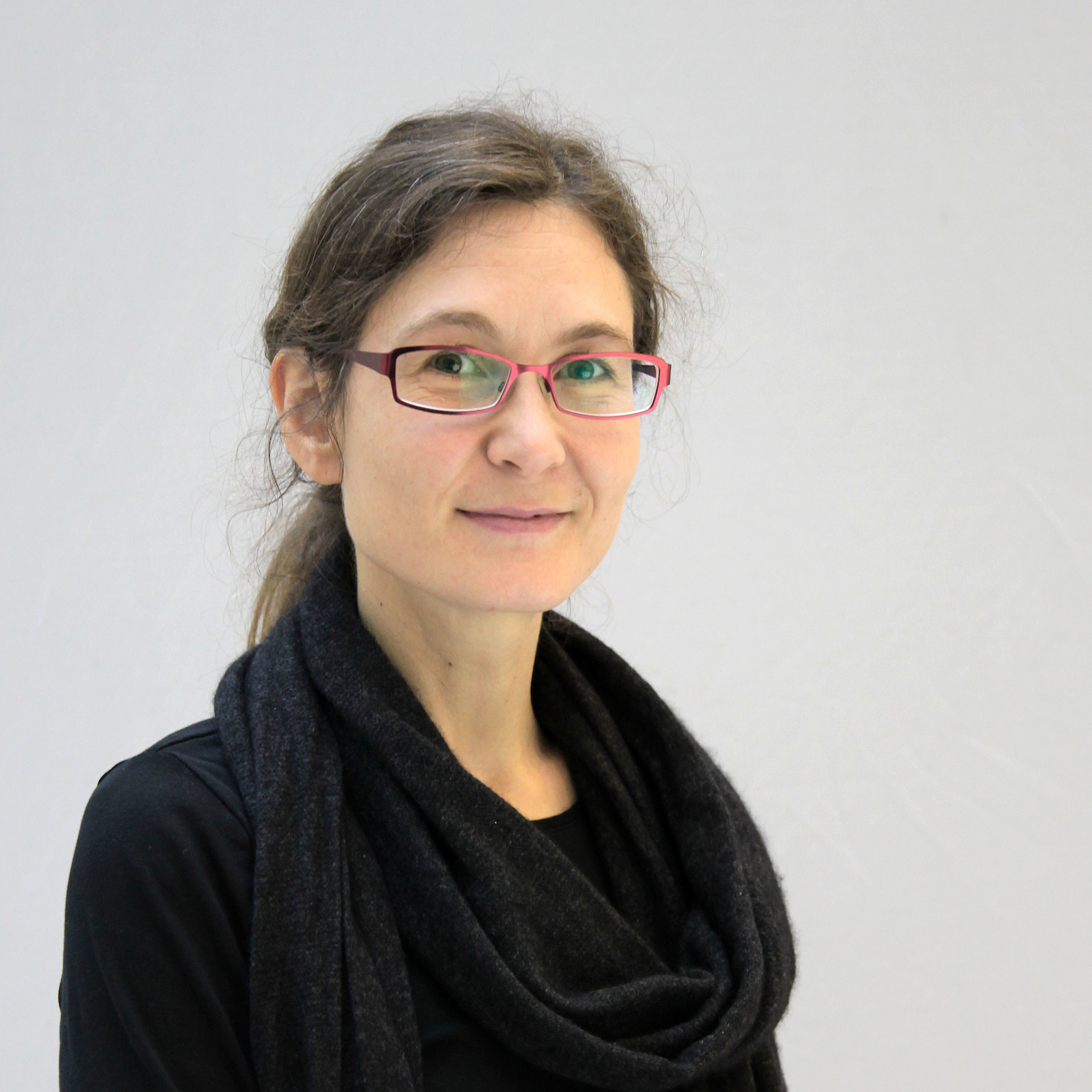 Jana Sillmann
Jana Sillmann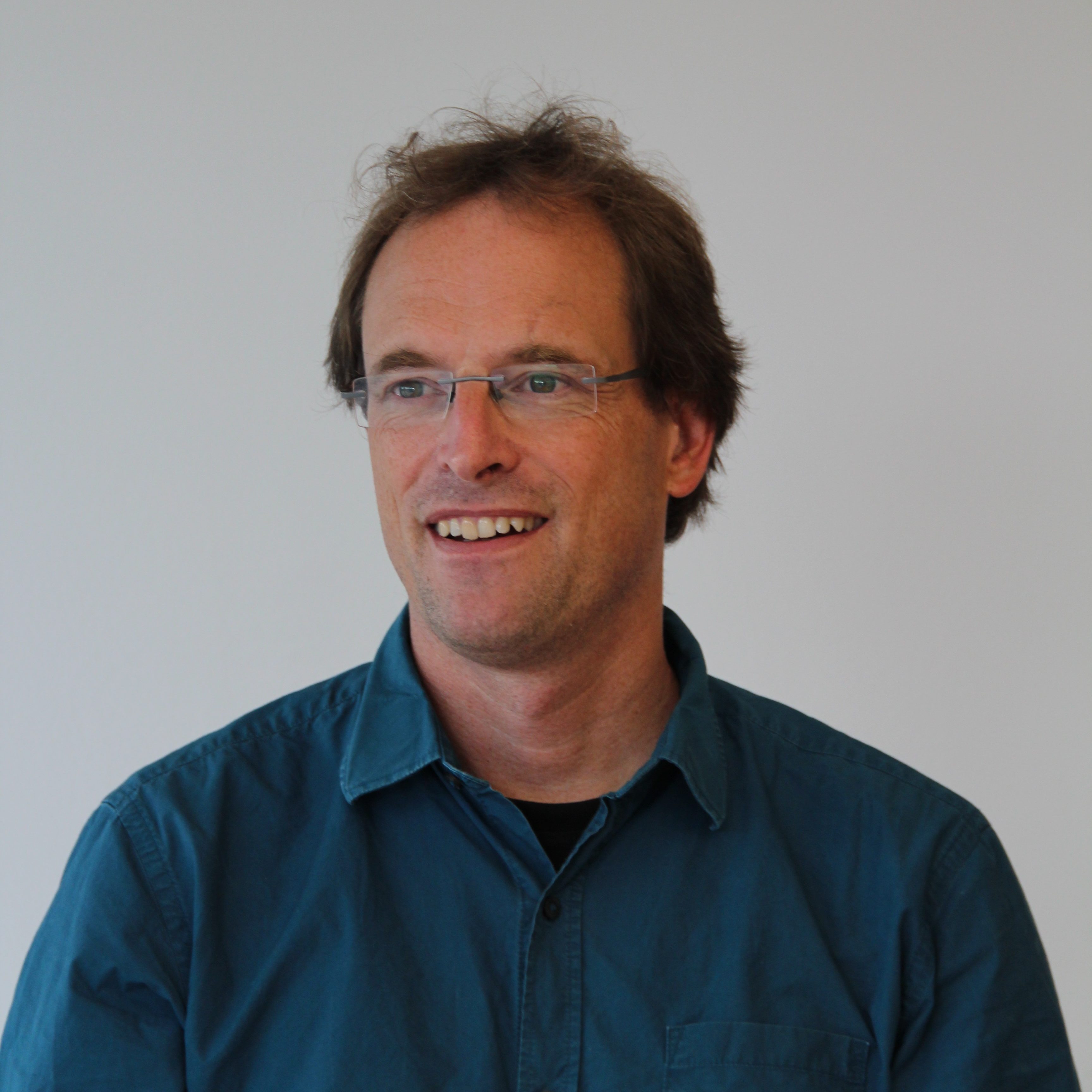 Markus Reichstein
Markus Reichstein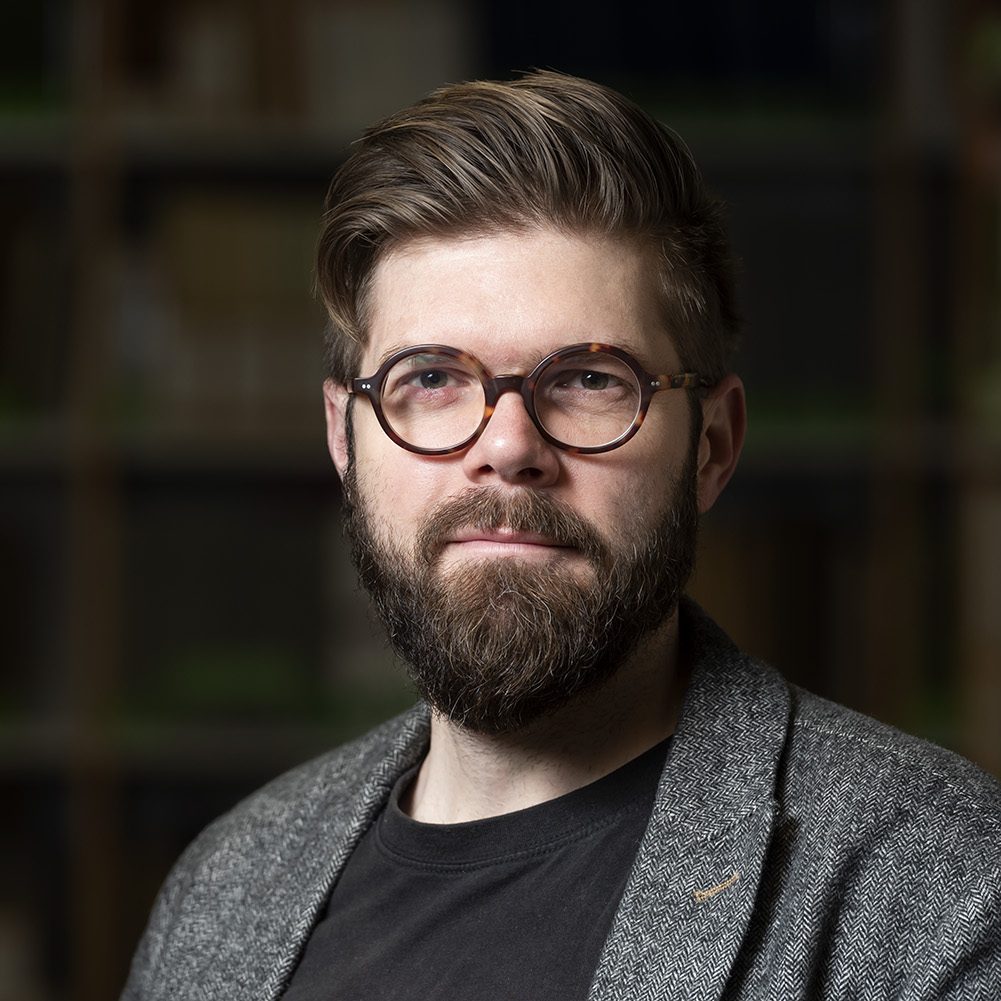 Felix Riede
Felix Riede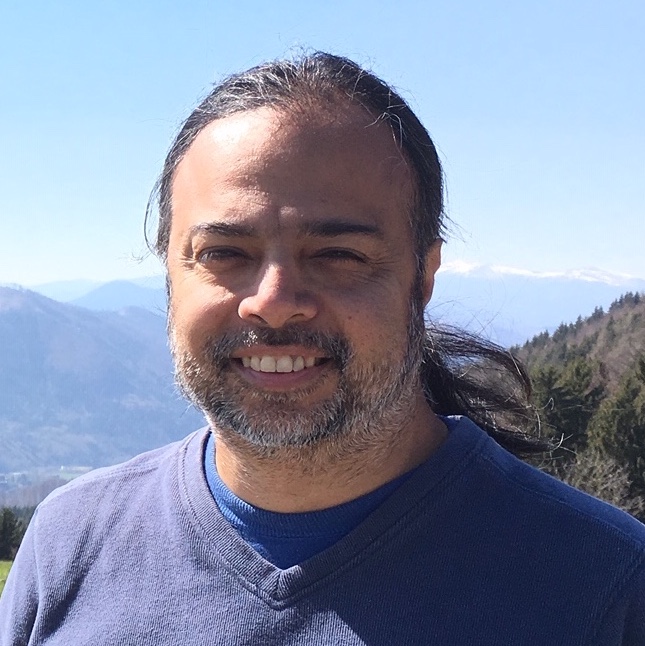 Simron Singh
Simron Singh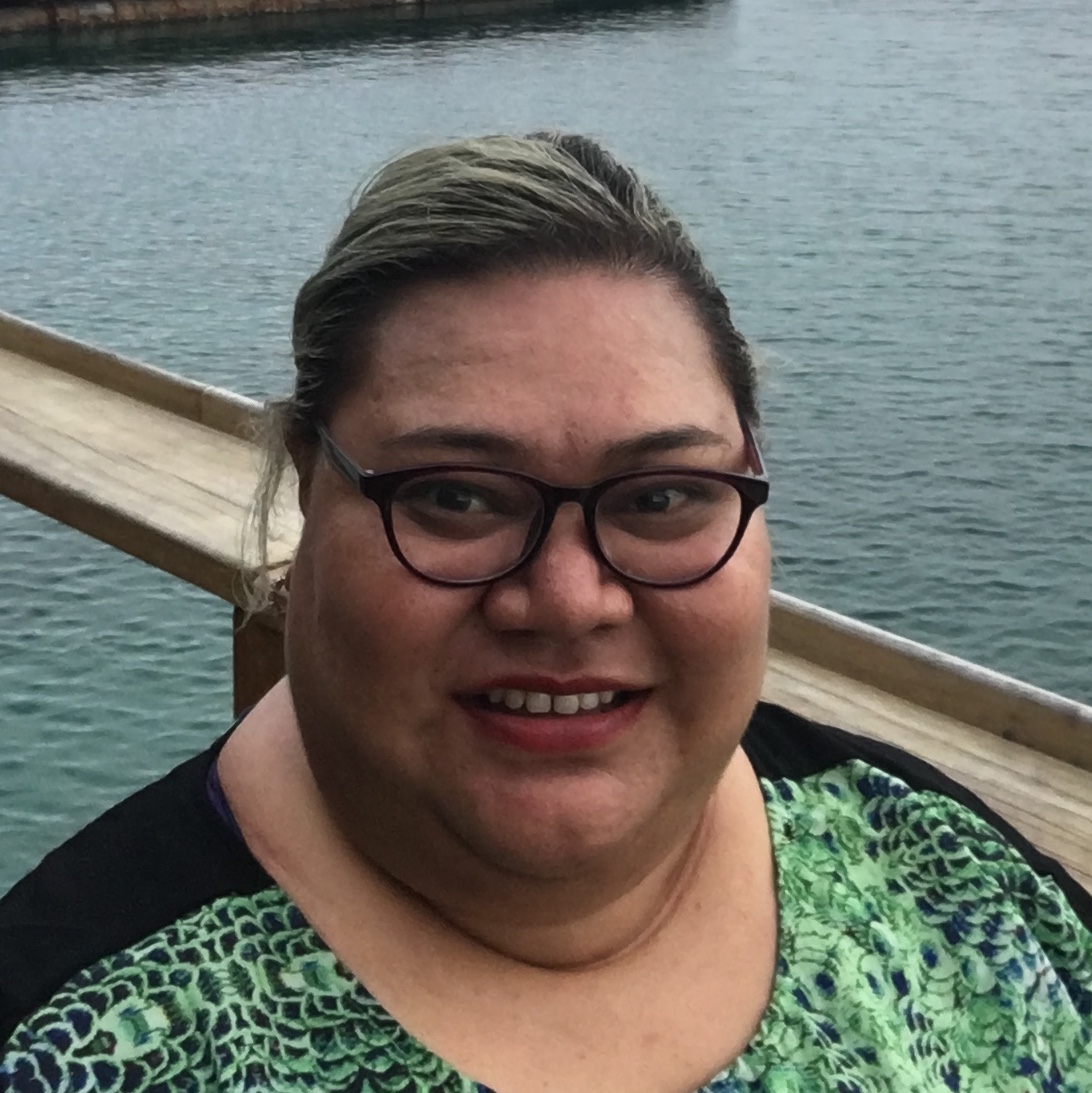 Ana Ake
Ana Ake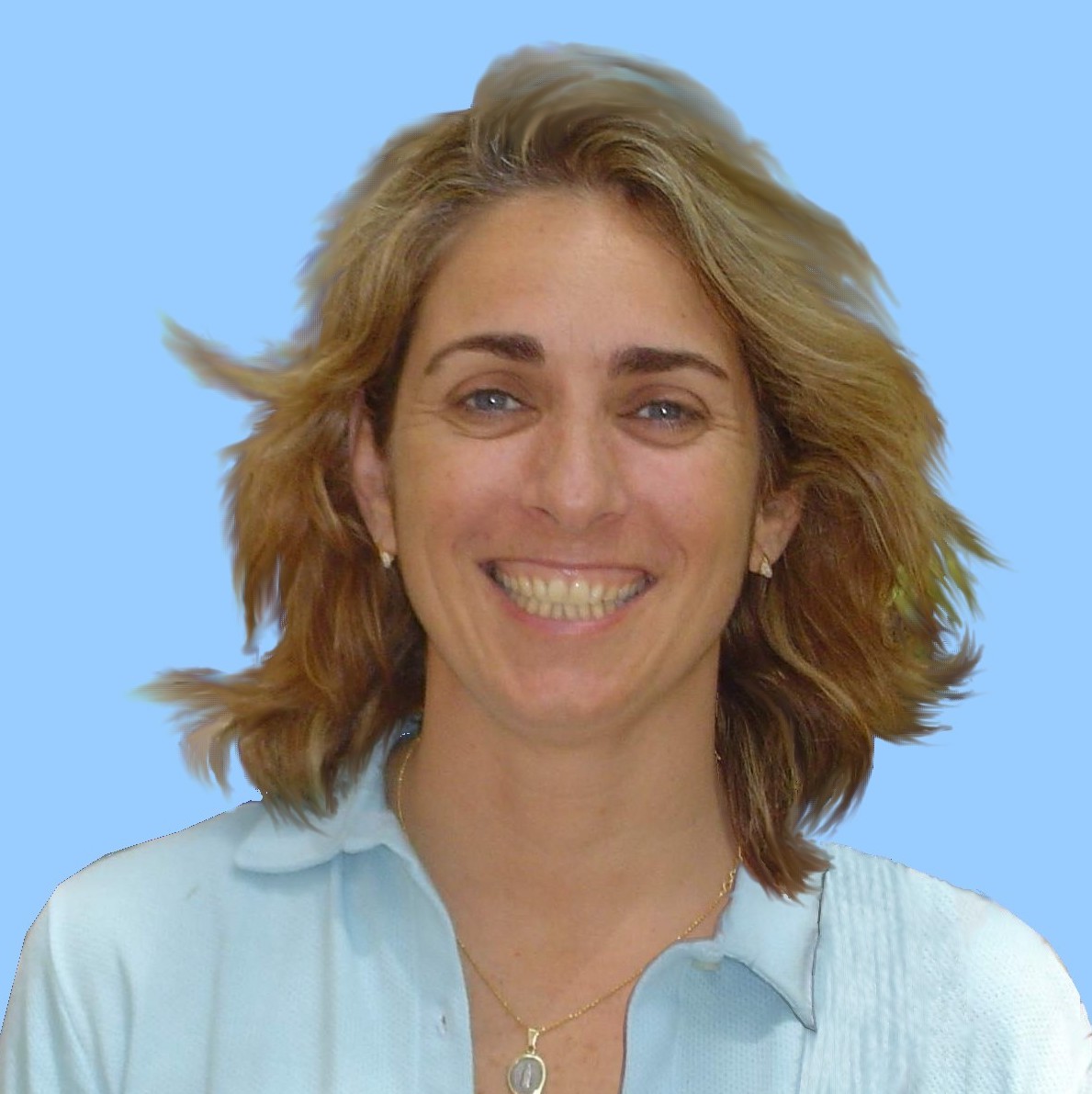 América Bendito
América Bendito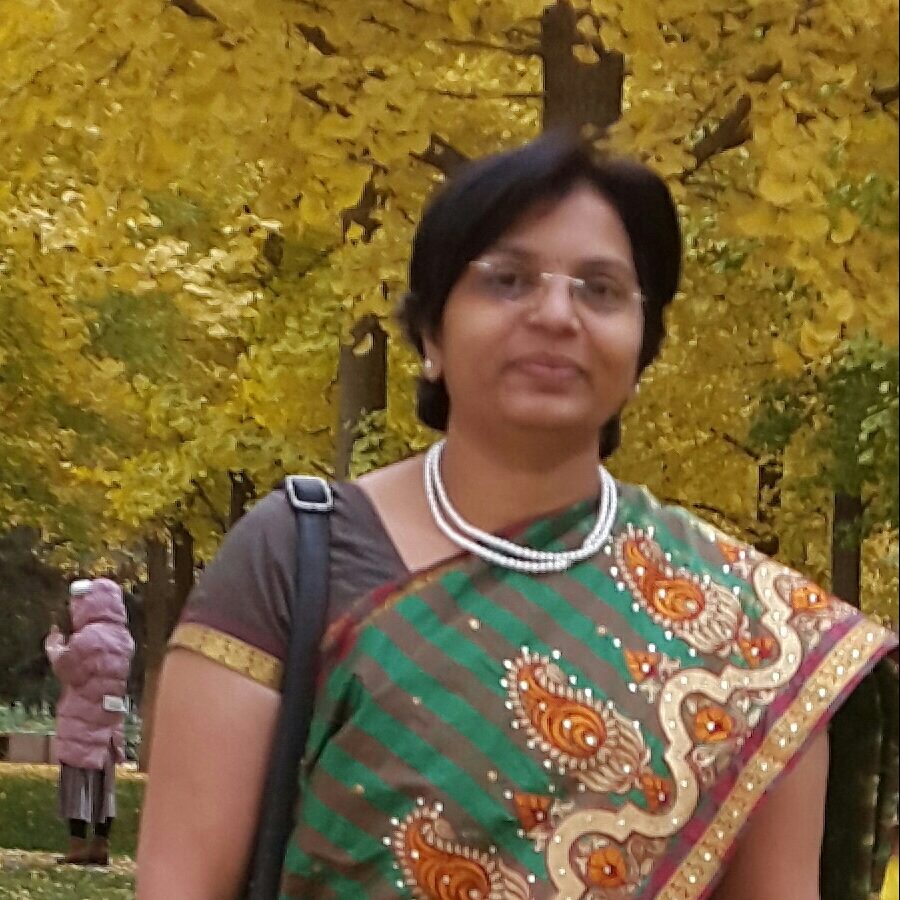 Kalpana Chaudhari
Kalpana Chaudhari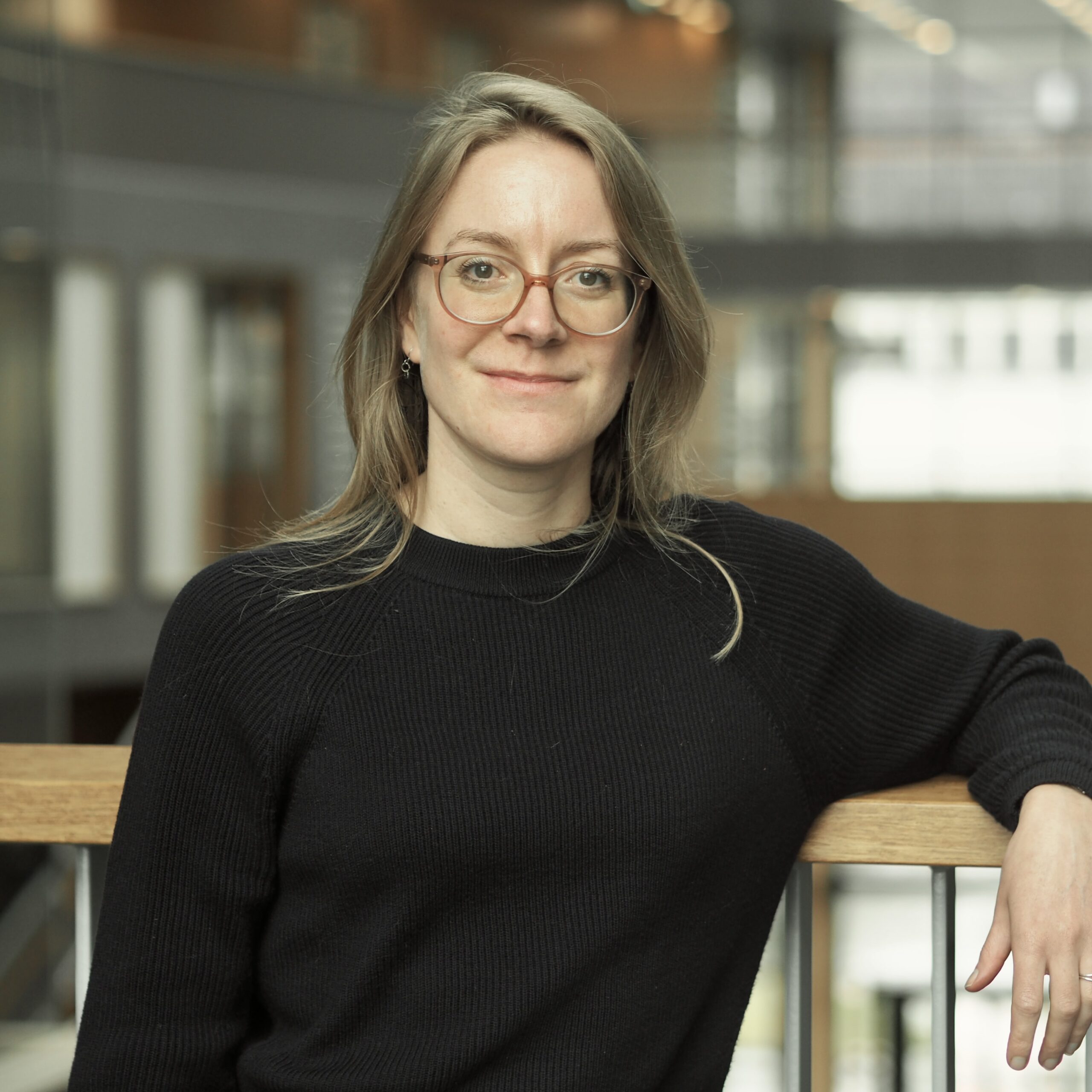 Marleen de Ruiter
Marleen de Ruiter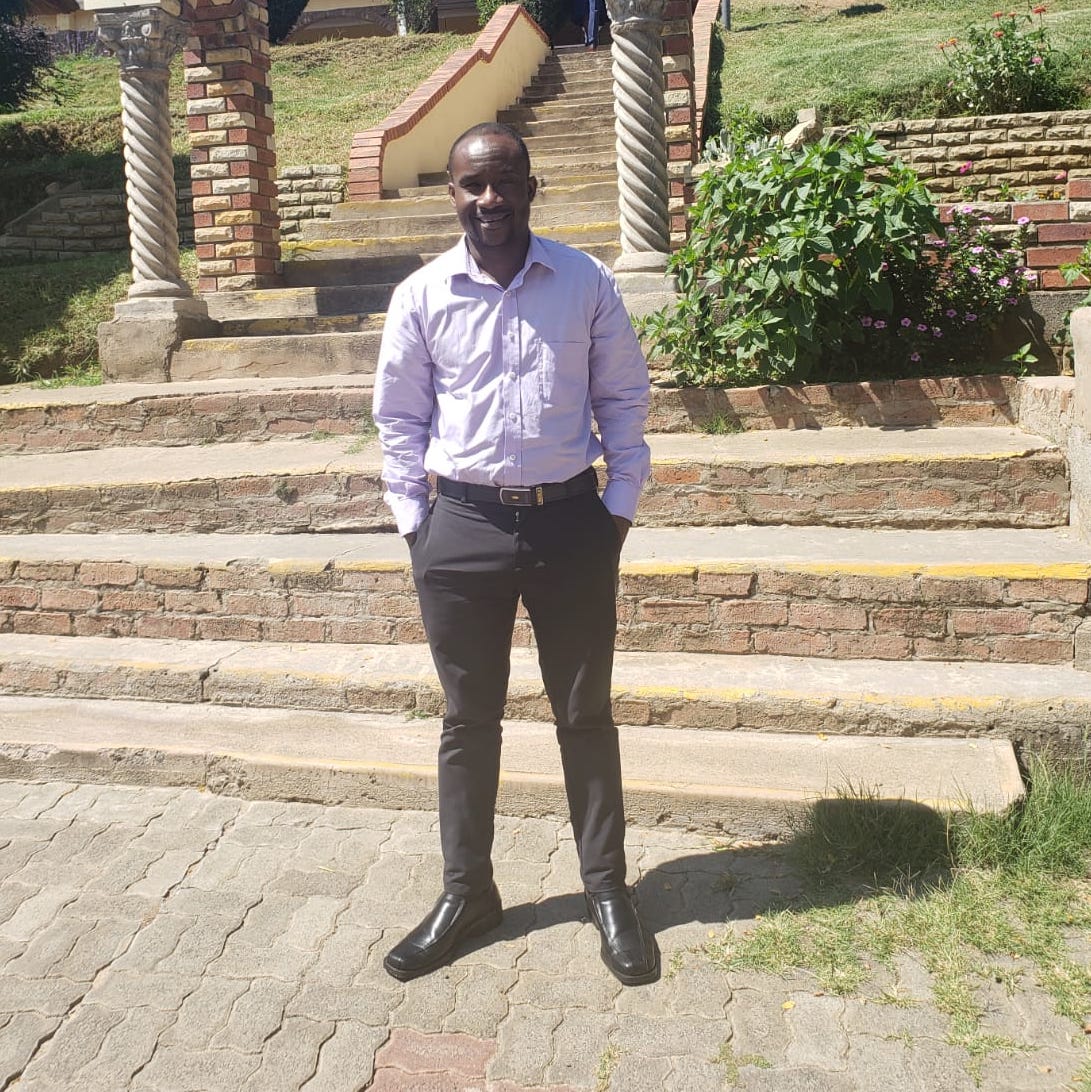 Felix Kwabena Donkor
Felix Kwabena Donkor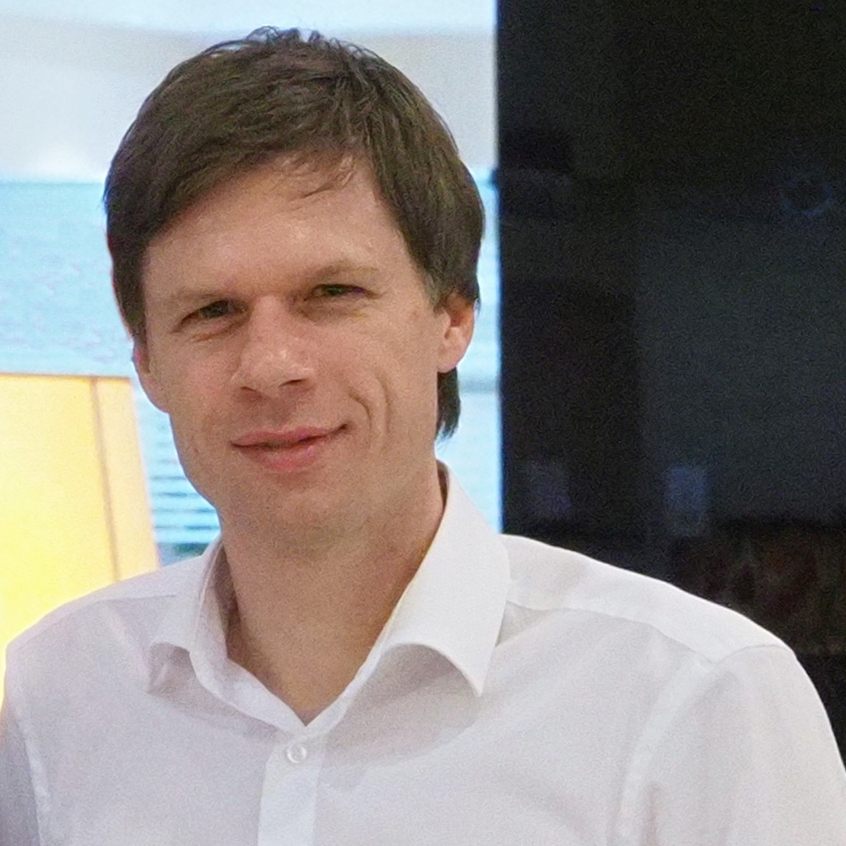 Alexander Fekete
Alexander Fekete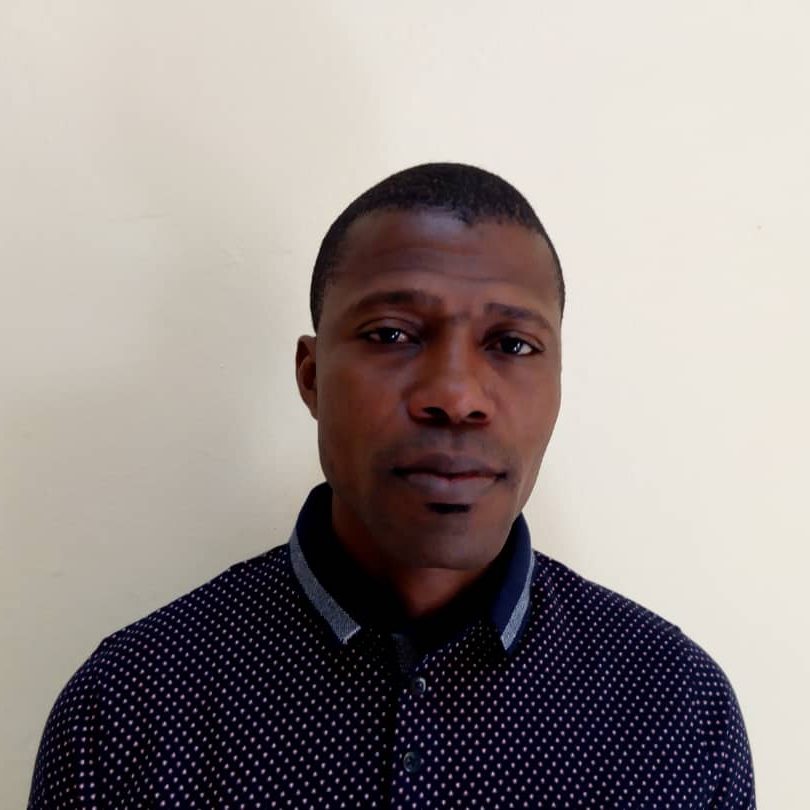 Z. Narcisse Gahi
Z. Narcisse Gahi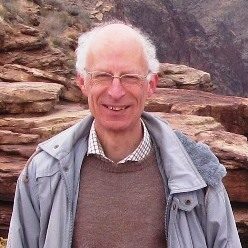 Brian Golding
Brian Golding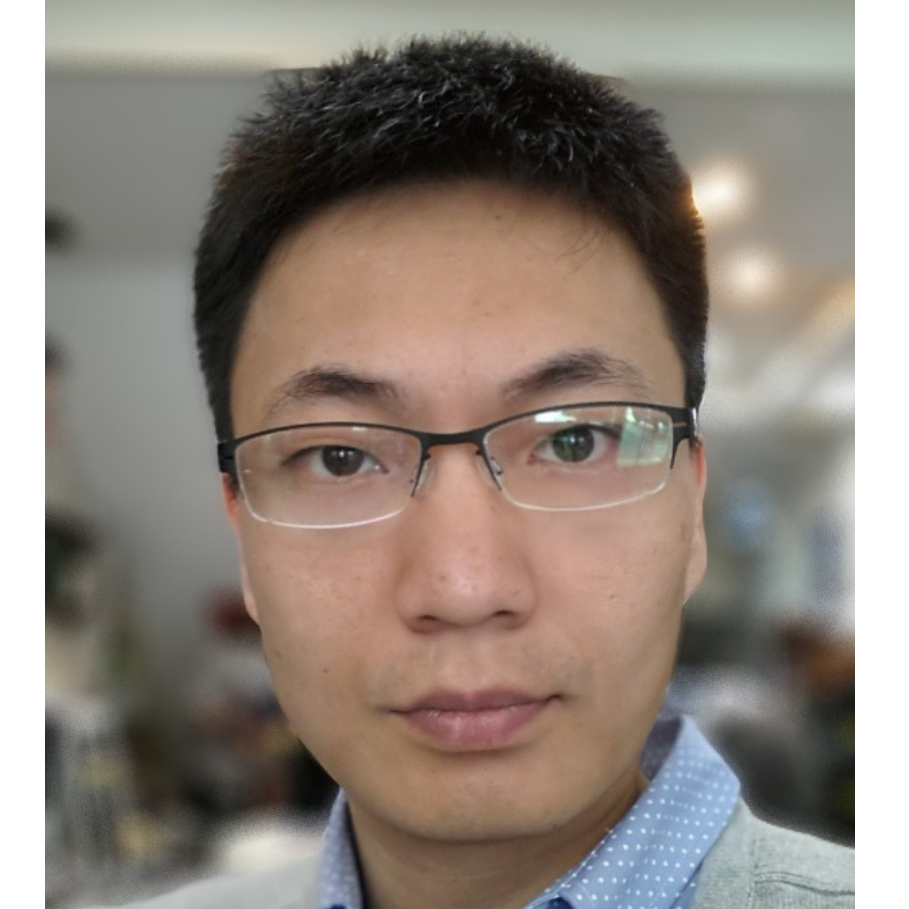 Tailin Huang
Tailin Huang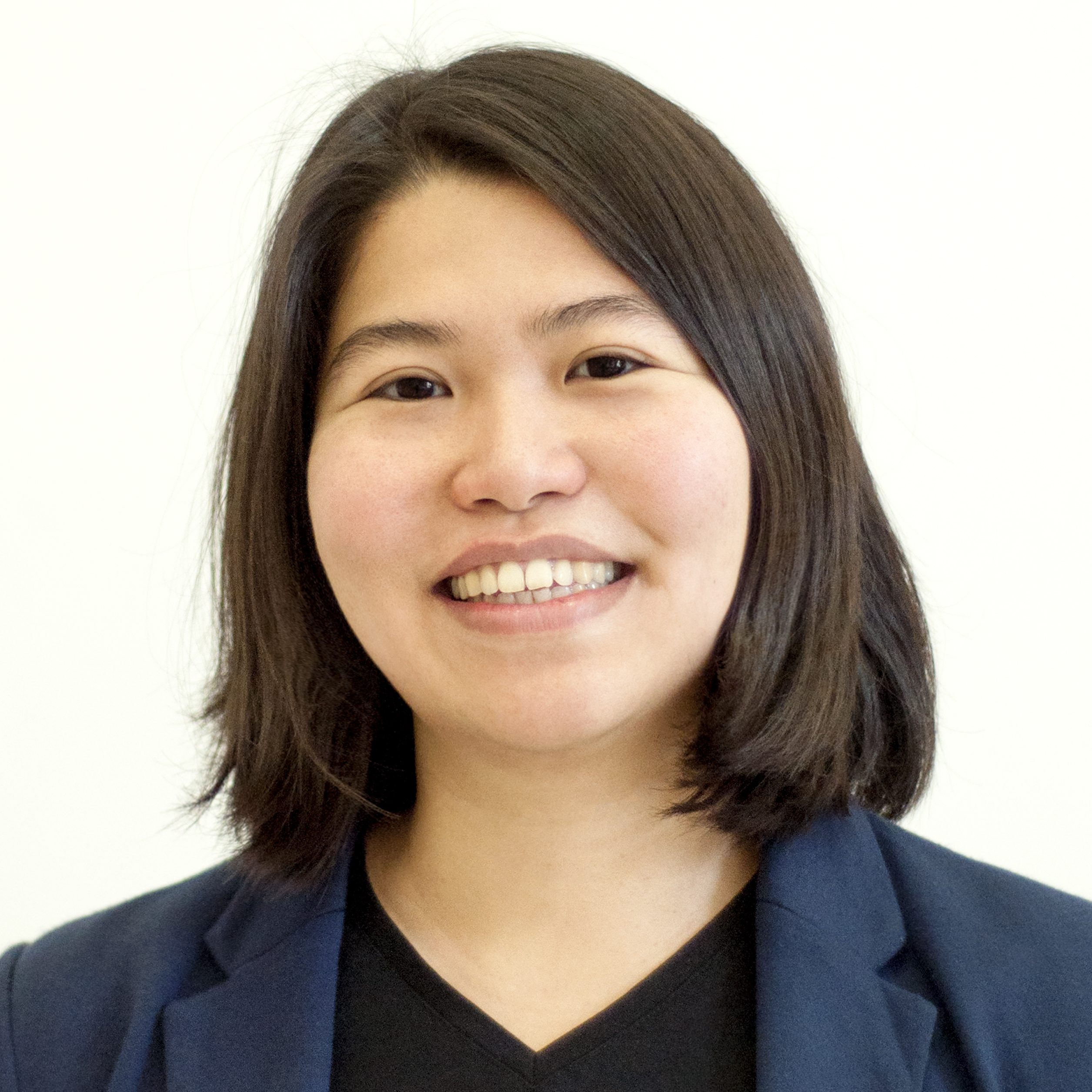 Jo-Ting Huang-Lachmann
Jo-Ting Huang-Lachmann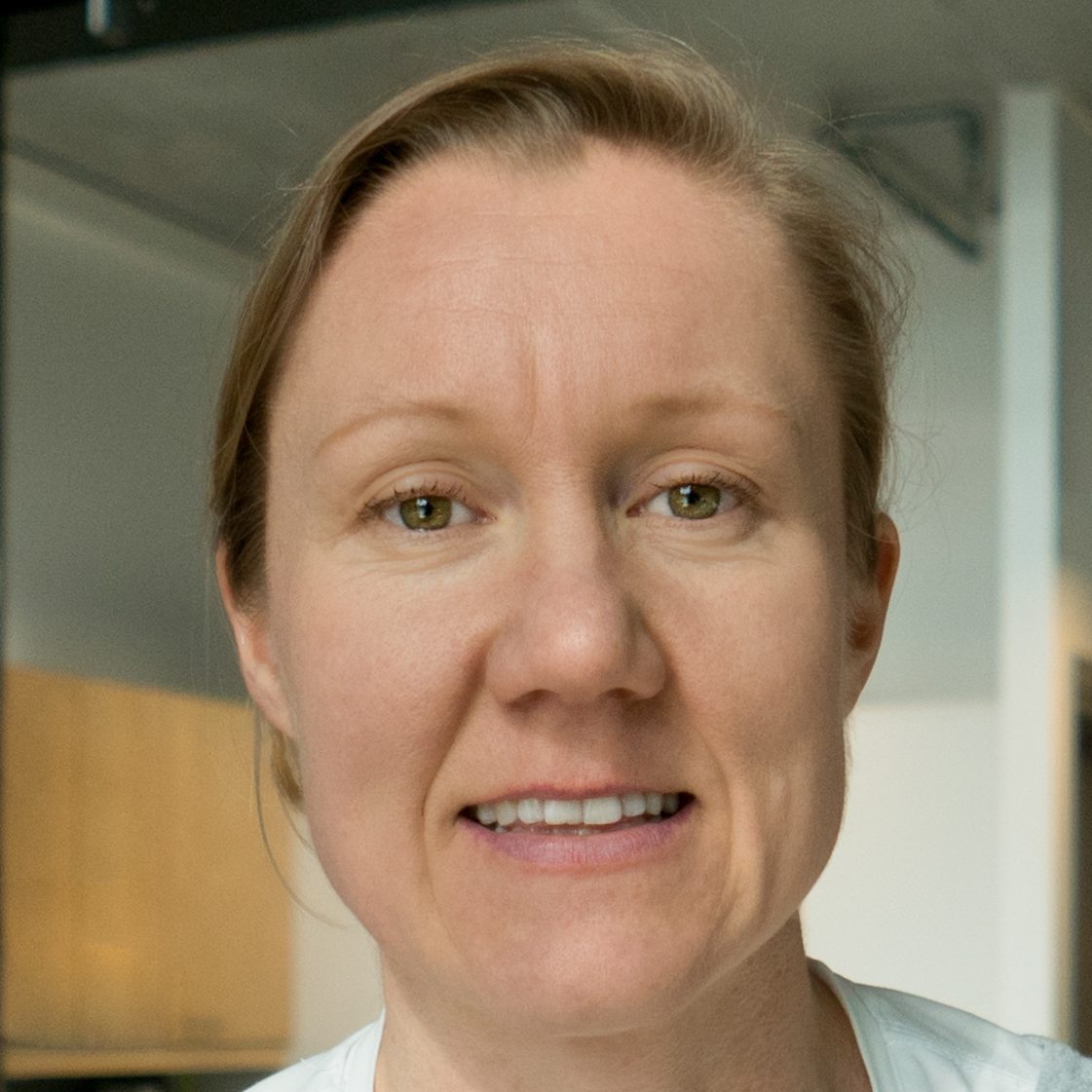 Sirkku Juhola
Sirkku Juhola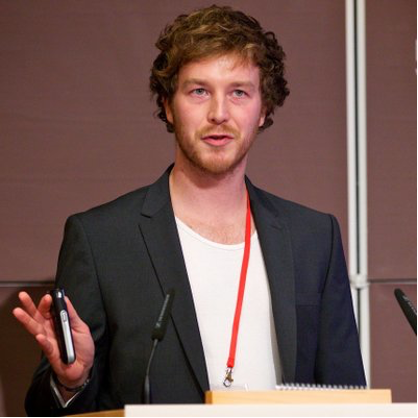 Kai Kornhuber
Kai Kornhuber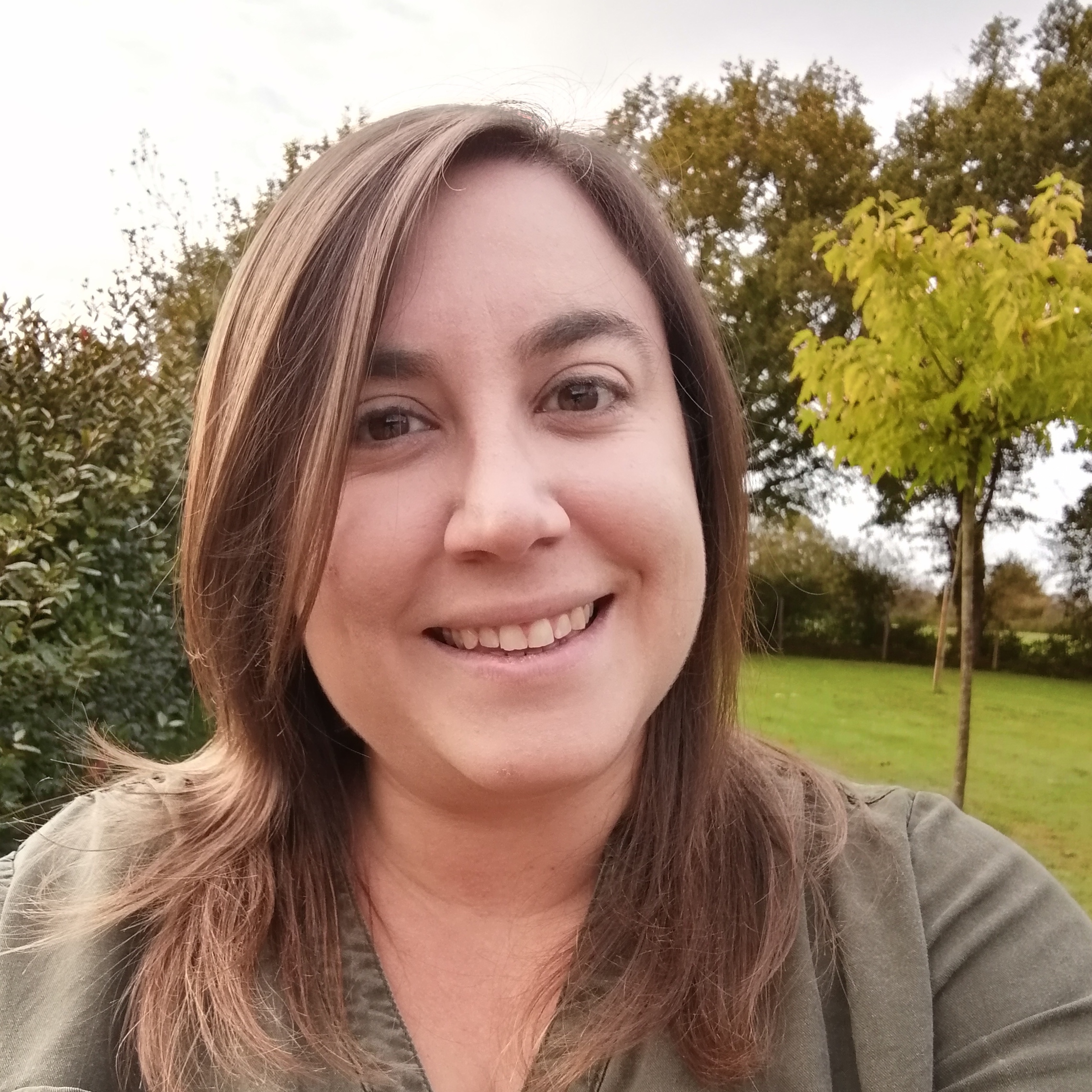 Lara Mani
Lara Mani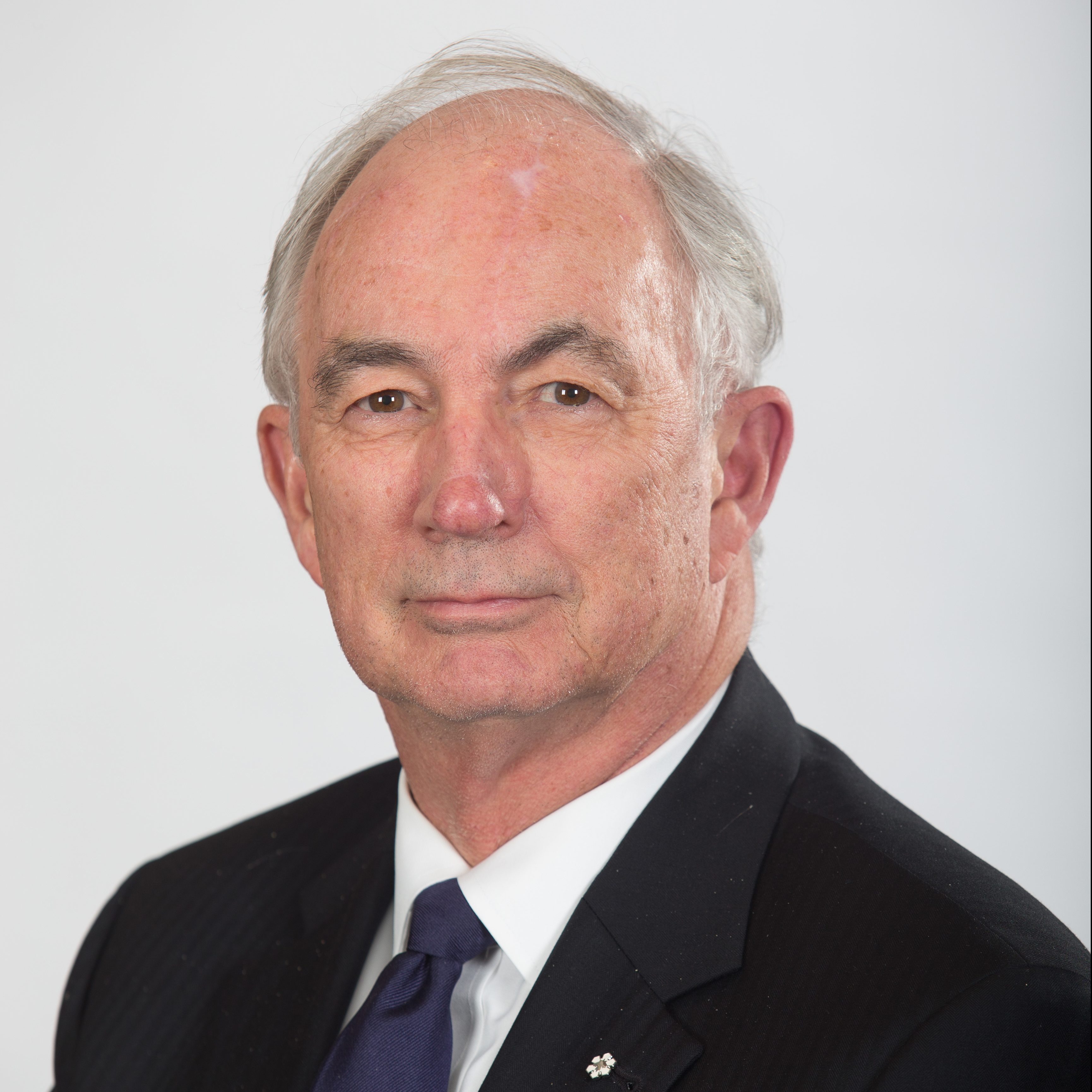 Gordon McBean
Gordon McBean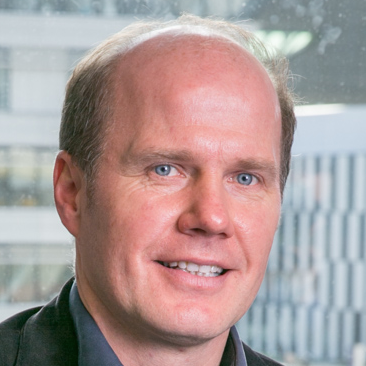 Reinhard Mechler
Reinhard Mechler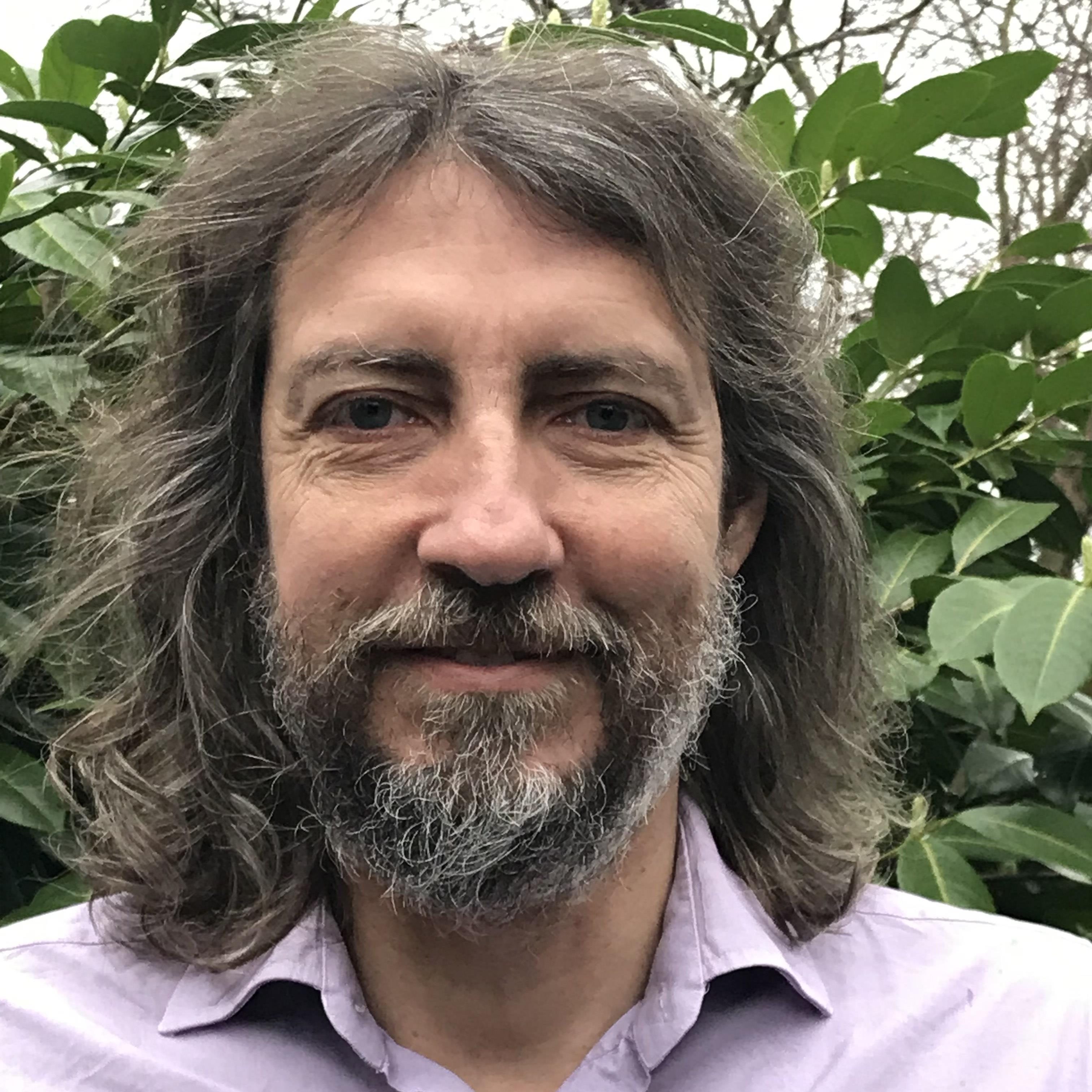 Mark Pelling
Mark Pelling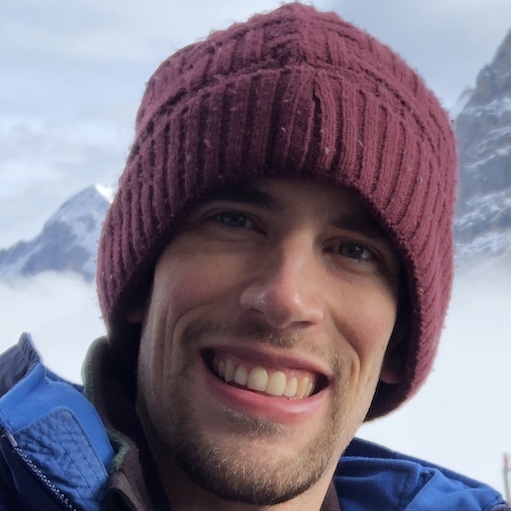 Colin Raymond
Colin Raymond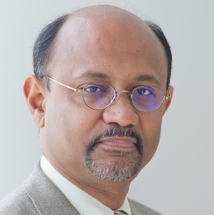 Rajib Shaw
Rajib Shaw Lisa Thalheimer
Lisa Thalheimer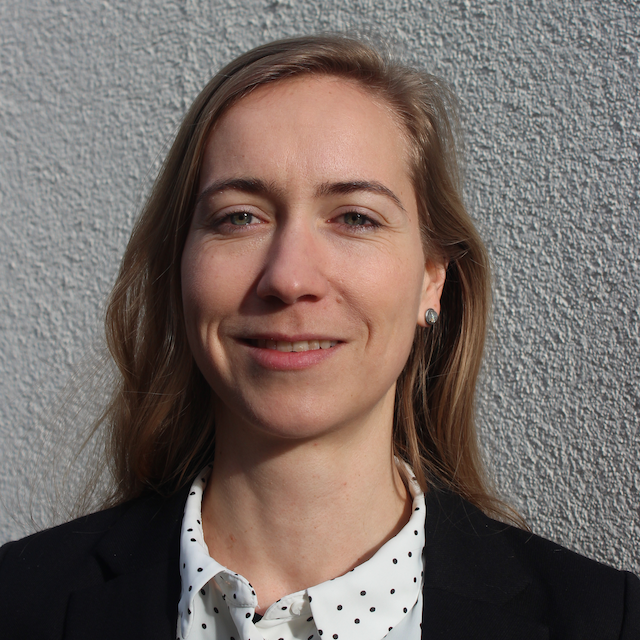 Martha-Marie Vogel
Martha-Marie Vogel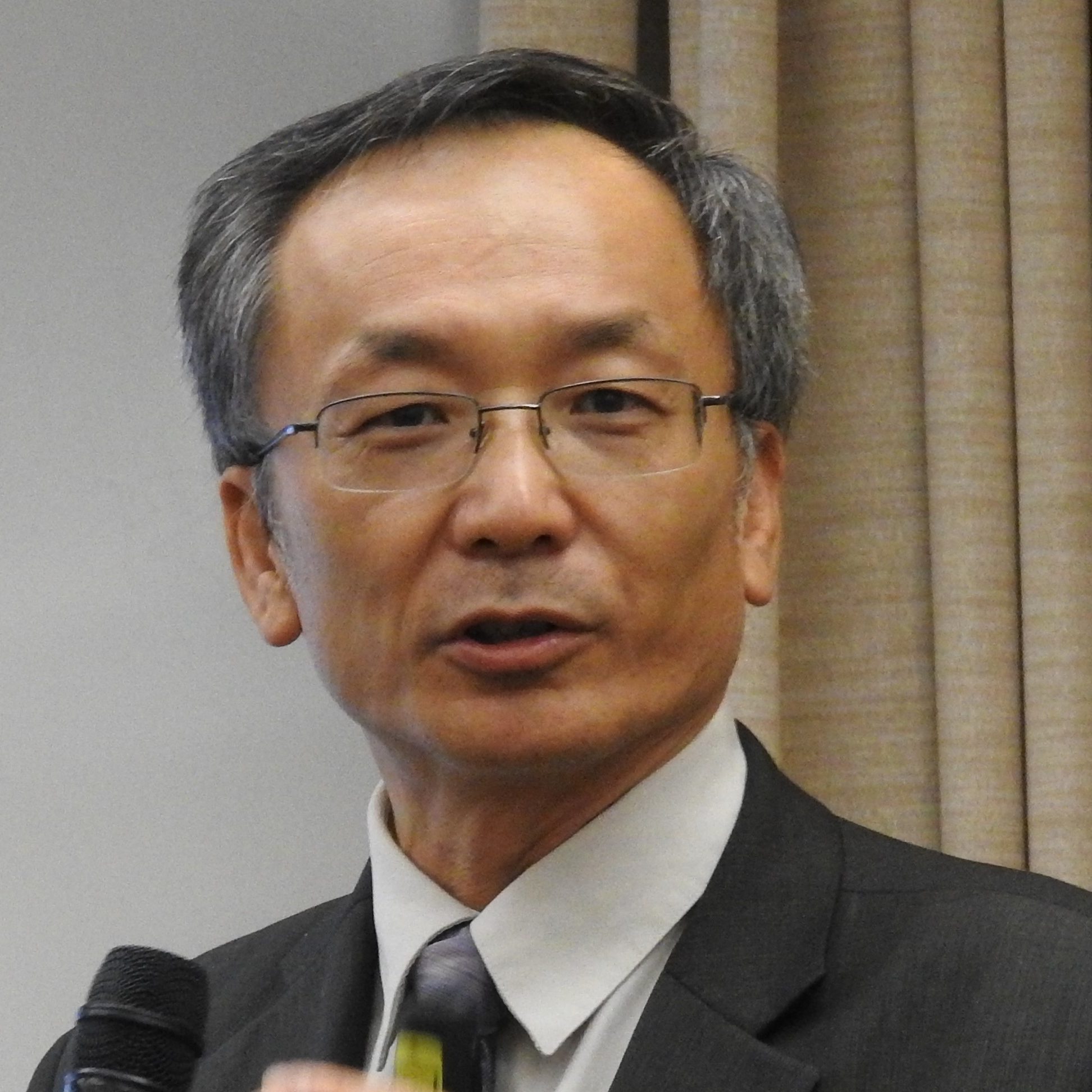 Qian Ye
Qian Ye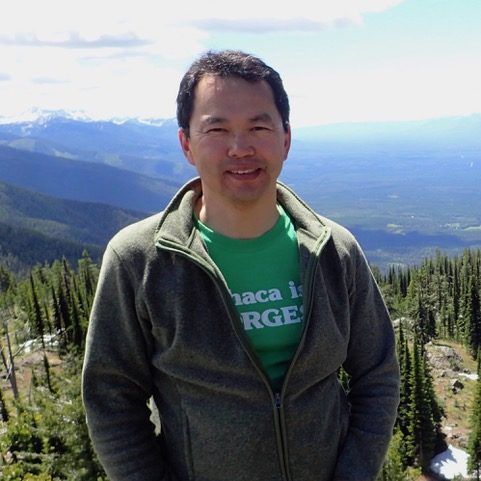 Takehito Yoshida
Takehito Yoshida Tiana Mahefasoa Randrianalijaona (ex-officio member for IRDR)
Tiana Mahefasoa Randrianalijaona (ex-officio member for IRDR)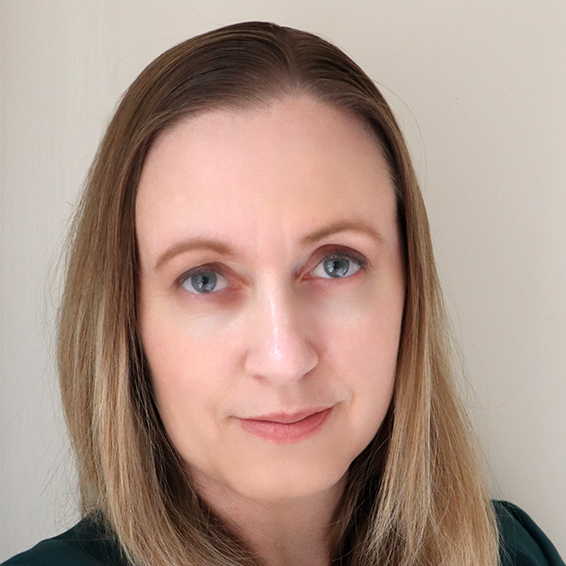 Narelle van der Wel (ex-officio member for WCRP)
Narelle van der Wel (ex-officio member for WCRP)